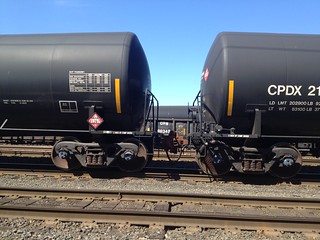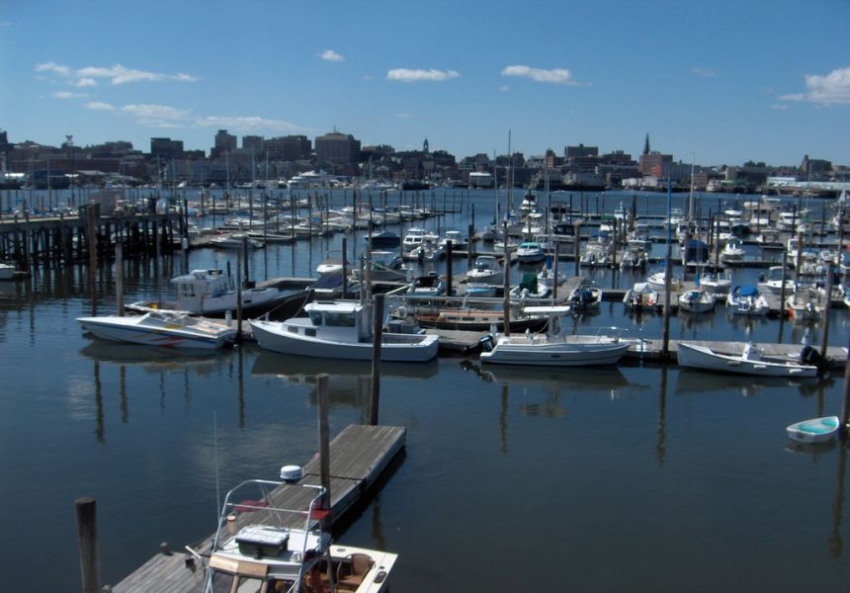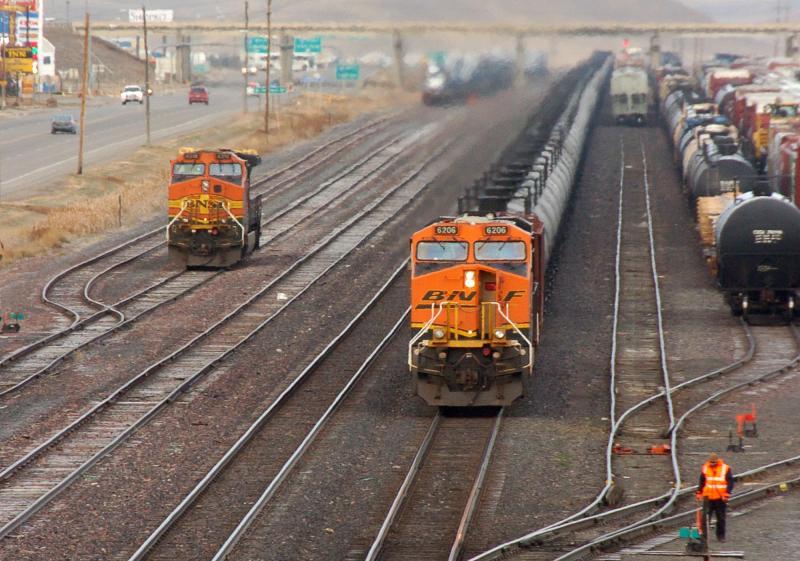Libby has seen a tremendous increase in the number of crude oil tanker cars traveling through their community, so firefighters are training for any potential disasters.
July 29--Chances of a train derailment involving crude oil are minimal. But as the quantities of tank cars coming from North Dakota increase, so does the potential risk, Libby Volunteer Fire Department assistant chief Steve Lauer said.
Last week, The Western News reported that as many as 12-16 trains carrying crude oil travel through Lincoln County each week and that emergency crews were aware of this and revising emergency management plans accordingly.
As one of the first emergency personnel to be attending any catastrophic event regarding a train derailment, Lauer and firefighter Scott Beagle went to Colorado from July 13 to 17 to a Security and Emergency Response Training Center to get instruction on the chemical and physical properties of the oil, detection and monitoring, as well as suppression tactics.
Firefighters from across the U.S. participated in the training that took place on a 52-square mile facility, paid for primarily by Burlington Northern Santa Fe Railroad (BNSF), using actual railroad tank cars, Lauer said.......
......Emergency crews were being trained to identify what a train is carrying if it derailed, and how to best manage the scenario.
"It could be as simple as a car off the tracks or it could be a catastrophe," Lauer said......
continued here








